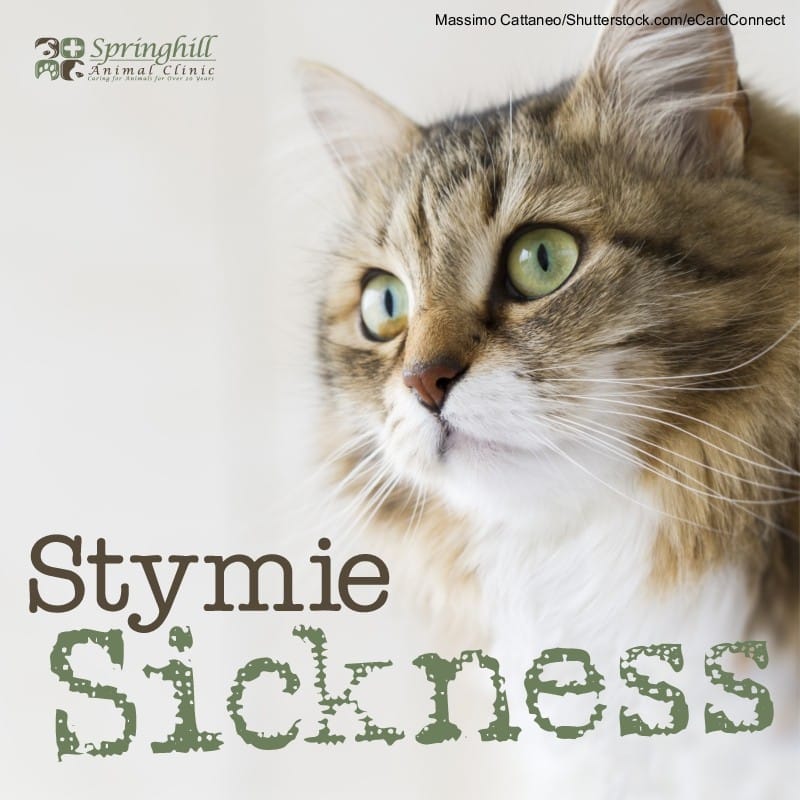Roundworms are the most common type of parasitic worms in dogs and cats, and nearly every pet will experience them at some point during their lifetime. Adult roundworms typically live in your pet’s intestine and may be visible when passed in their feces or vomit, as they grow to be a few inches long. Since they are typically white or light brown, long, narrow and round, they have a similar appearance to spaghetti. Roundworms can occur when the pet ingests eggs around its living area, or when the pet ingests another animal such as a bird or mouse that was infected. The infection may also be passed to puppies and kittens through their mother’s milk. Because of the many ways in which pets can become infected with these pests, they are easily infected and the infections are difficult to control.
A fecal test is usually conducted to diagnose roundworms, and we recommend this exam at least once a year as many pets will not show signs of the parasites until the infection is severe, in which case symptoms may include vomiting, weight loss, dull fur and a potbelly. Coughing can occur if the worms move from the intestines to the lungs.
Roundworms can be successfully treated with medication, but the best way to help your furry friends avoid them is by keeping their living area clean, preventing them from eating wild prey and keeping them on a parasite control regimen which we can recommend.



